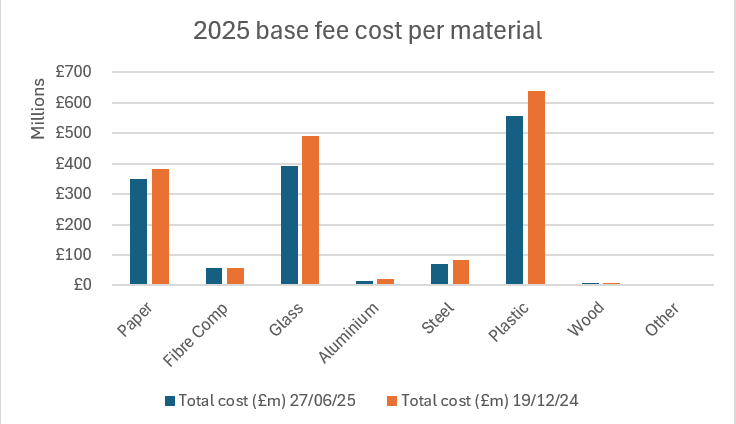According to the report, these outdates processes are also responsible for data inaccuracies for important waste management operational processes, “which is undermining efficiency and causing unnecessarily high costs”.
The study was conducted using a focus group of UK waste management professionals. It found that 69% of respondents said that more than one quarter of their day-to-day transactions are still conducted manually. This translates to £189.6M being spent on annual wage costs for manual transactions. These are transactions that ISB and the CIWM said could be automated instead.
Matthew Gawn, ISB Global’s market intelligence officer, said: “What’s clear from these initial findings from the study is that waste and recycling companies need to transform the way their operations and business processes. Their current ways of working are costly, inefficient and can lead to inaccuracies in important operational data.”
Mr Gawn added: “Waste management and recycling involves multiple moving parts along with important regulatory and reporting obligations. To properly manage this complexity, waste companies need to automate and digitise their operations and back-office processes. “However, automation and digitisation depend on accurate, trustworthy data to be effective. Data transactions entered by hand are not only unproductive but also risk the possibility of inaccuracies from human error. Poor quality data undermines and cancels out any potential advantages in performance from the introduction of new technologies and applications.”
The full study is set to publish at the end of Q3.
Regulation
The CIWM said these findings arrive at a crucial juncture when waste management firms in the UK and worldwide are grappling with mounting local, national, and international regulations aimed at waste reduction and increased recycling. Additionally, there is a rising demand from households and businesses for a wider range of waste services, including online collection management, specialised material recycling, and direct autonomous customer billing.
Commenting on the study, Ray Parmenter, head of policy and technical at the CIWM, said, “On behalf of the CIWM, I am delighted to forge this relationship with ISB Global and develop a set of research activities to investigate the use and perception of software and digital technologies in the sector. This important research can provide us with valuable insight into delivering a more efficient UK industry and attaining zero waste goals through the use of these technologies.”









Subscribe for free